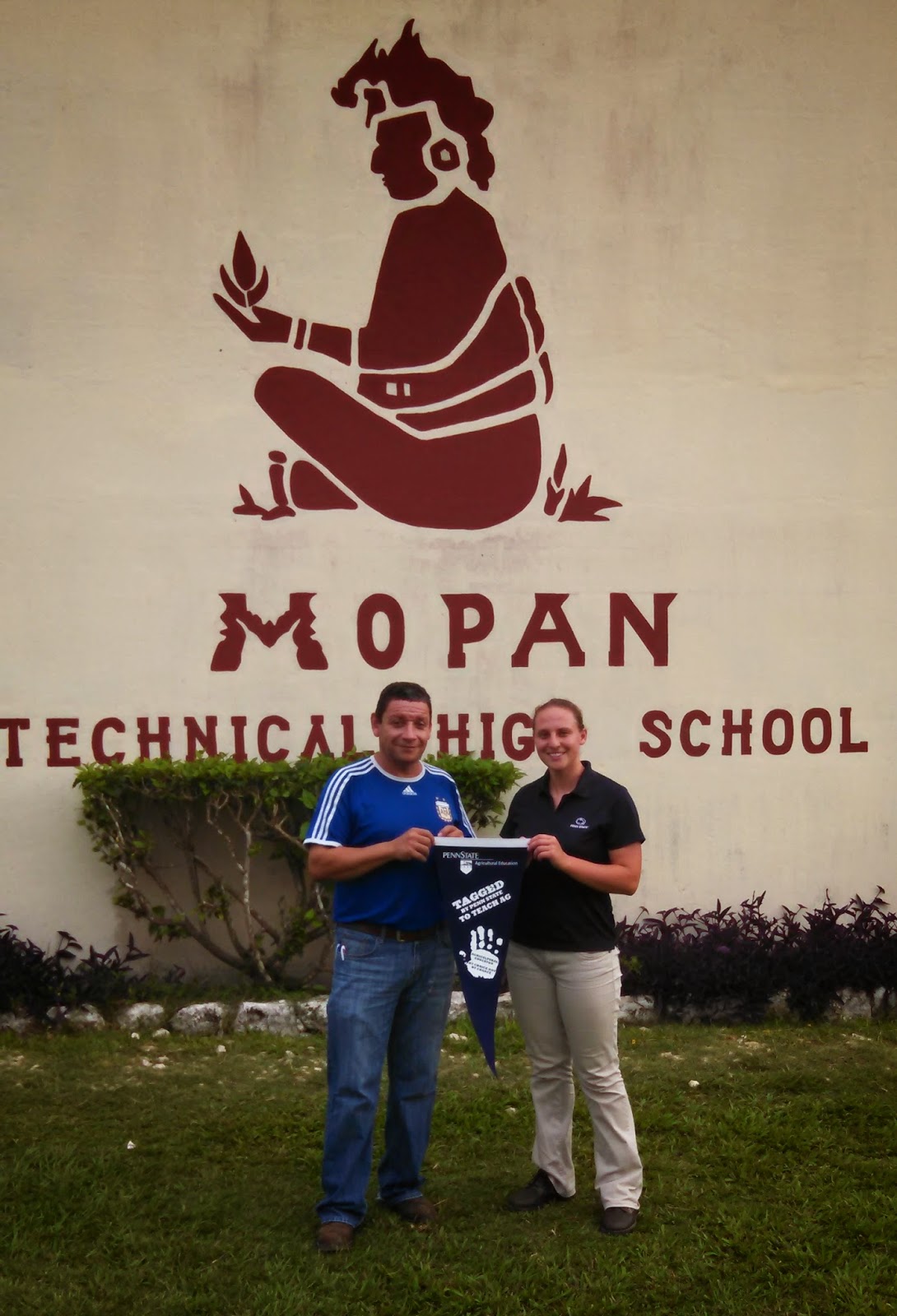What is a Proper Question to Ask?
Sometimes the hardest part about a day is asking and answering questions. As a professional educator, I want my students to learn critical thinking skills so they can become problem solvers. In order to do this, I need to make sure that my students are reaching the higher levels of Bloom's Taxonomy.
For myself, this is a weak point in my teaching skills. I need to practice developing questions that require a student to think before they answer. I am really good at asking recall questions, but they are only appropriate for specific results.
In regards to answering student's questions, I tend to think that I need to have all the answers. In reality, however, students are very bright and can find the answers themselves or answer a peer's question. This reaches a much greater level of student development.
A great opportunity for students to develop questions is field trips. If managed properly, this can be a great way to give students a close and personal perspective of the content being taught. However, it is crucial that proper planning is placed before and during the execution of a field trip.
These planning phases include Pre-Trip, Trip, and Post Trip planning.
Here is an article on American Public Education under utilizing local resources for valuable field trip planning. Think Outside the Classroom!


